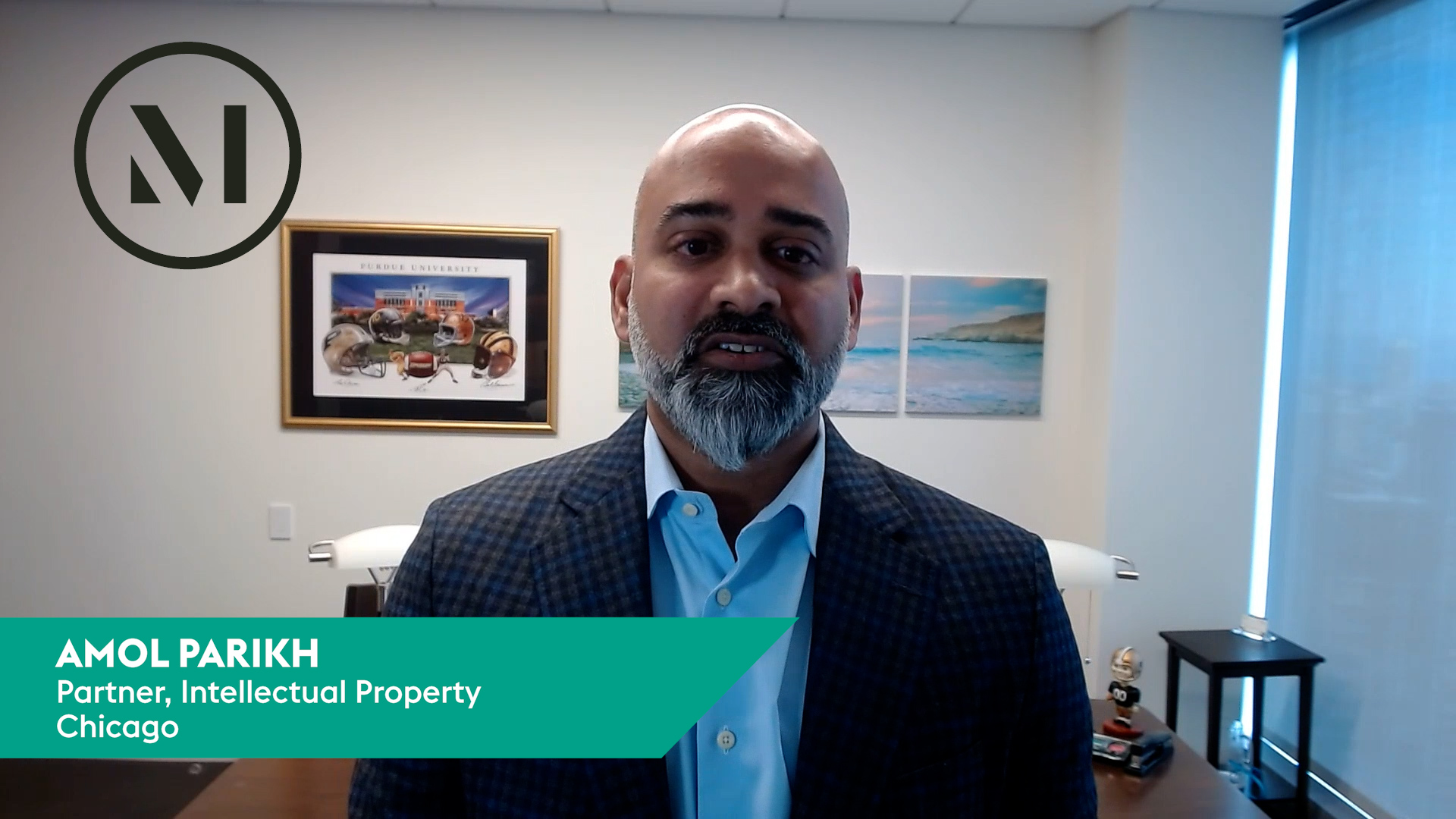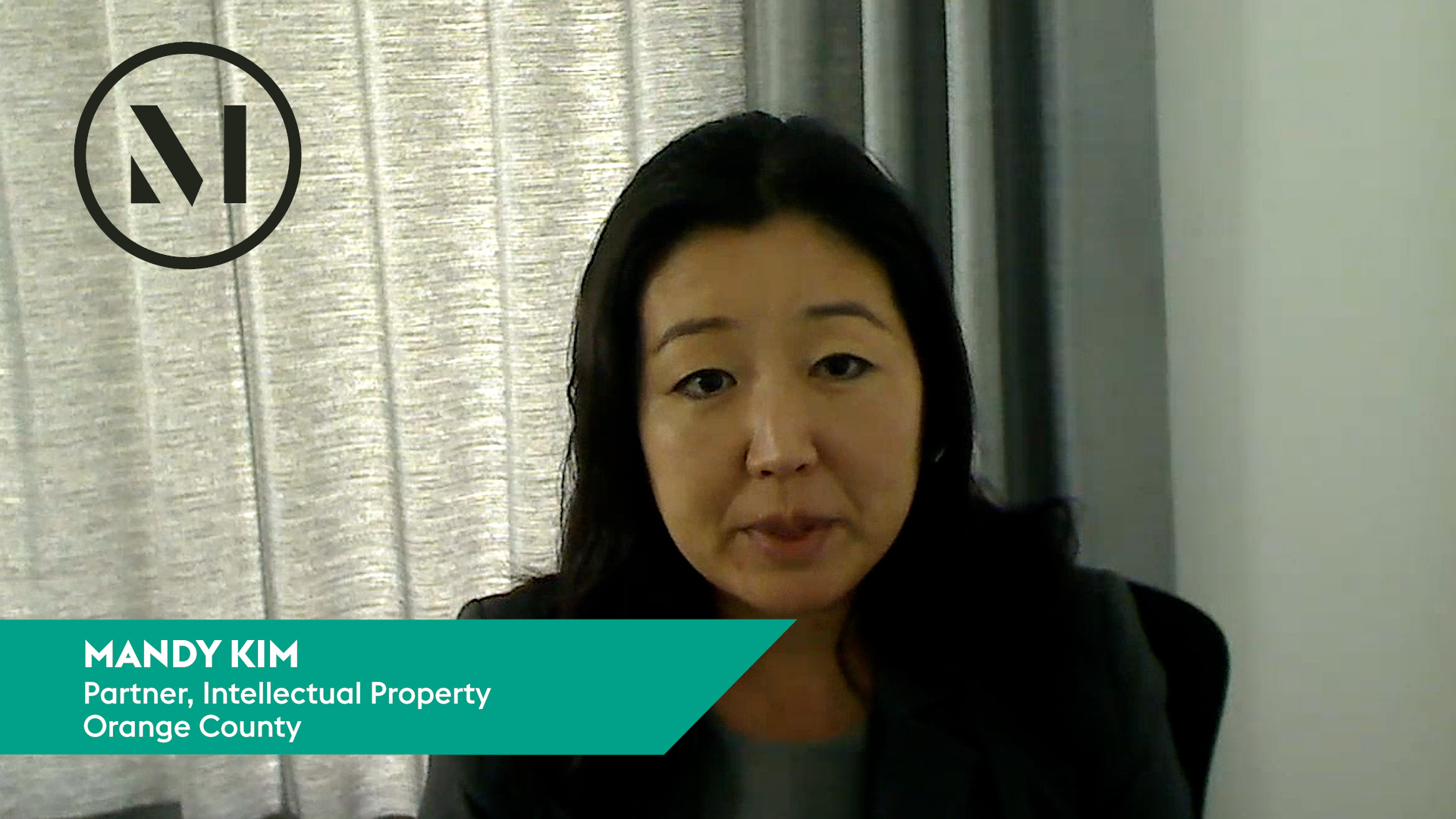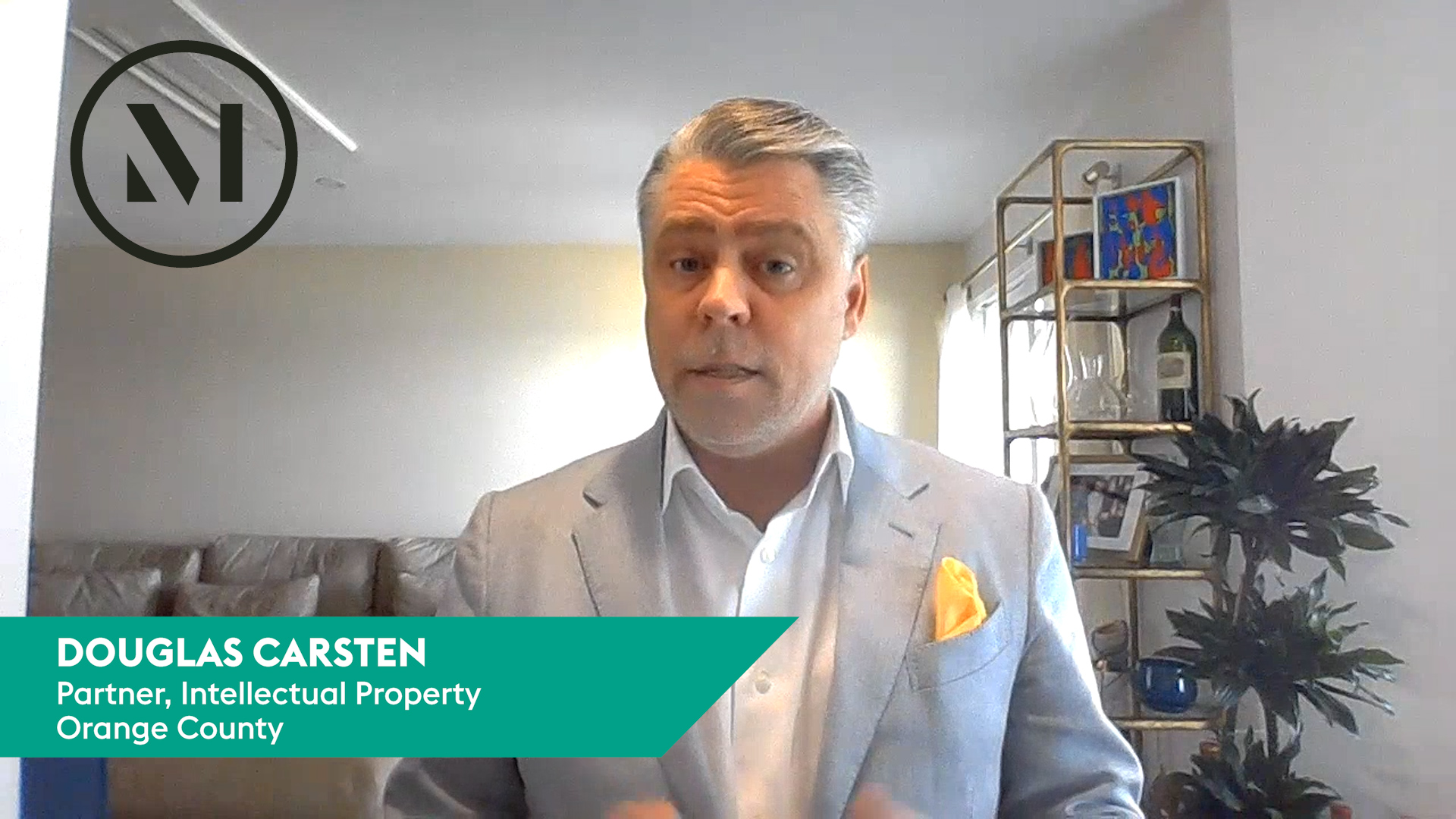Coming out of 2022, developments around the globe are shaping the intellectual property (IP) landscape in the new year. We are seeing cases at the intersection of IP law and NFTs, the opening of the Unified Patent Court in Europe, and decisions from the Supreme Court of the United States and the Court of Appeals for the Federal Circuit affecting innovators and brand owners.
McDermott’s 2023 IP Outlook examines the top trends and decisions in IP law from the past year and shares what you and your business should look out for in the year ahead.
The Latest in SEP Licensing
The uncertainty surrounding standard essential patent (SEP) licensing persisted in 2022 and shows little sign of clearing in 2023. SEPs must be licensed to technology implementers on fair, reasonable and nondiscriminatory (FRAND) terms. Because there is no formal definition of FRAND terms, however, legal decisions involving FRAND have historically been determined by courts and non-governmental standard-setting organizations (SSOs). Disputes are frequent—especially between patent owners and technology implementers—and are becoming even more so as advanced wireless technologies such as 5G and WiFi 6 proliferate. Read more.

—————————————————————————————————————————
Improper Inventorship in US Patent Litigations
Mandy H. Kim | Cecilia Choy, Ph.D.
Inventorship issues can have serious implications in patent litigation, leading to invalidation or unenforceability of the patent at issue, as seen in several notable 2022 cases. In the coming year, patent owners should take steps to minimize risks related to improper inventorship challenges. Read more.

—————————————————————————————————————————
Patent Decisions Affecting Pharma and Biotech Companies
Douglas H. Carsten | Anisa Noorassa
The past year brought many developments in the life sciences patent legal space. Three decisions in particular hold potential ramifications for drug makers and patent holders in 2023. This year, the Supreme Court of the United States is also expected to consider standards patents claiming a genus must meet to withstand a validity challenge under Section 112—a ruling that could have a significant impact on patent holders in the biotech industry. Read more.

—————————————————————————————————————————
Trends in the Western District of Texas
Syed K. Fareed | Alexander Piala, Ph.D. | Christian Tatum
Over the past year, two developments infiltrated the Western District of Texas (WDTX) which may decrease the success of venue transfers and keep case volume steady in 2023. These developments could also give plaintiffs more control over where litigation takes place, including more control over having a case tried before Judge Alan Albright in the Waco Division of the WDTX.
Continue Reading
read more

 Subscribe
Subscribe


